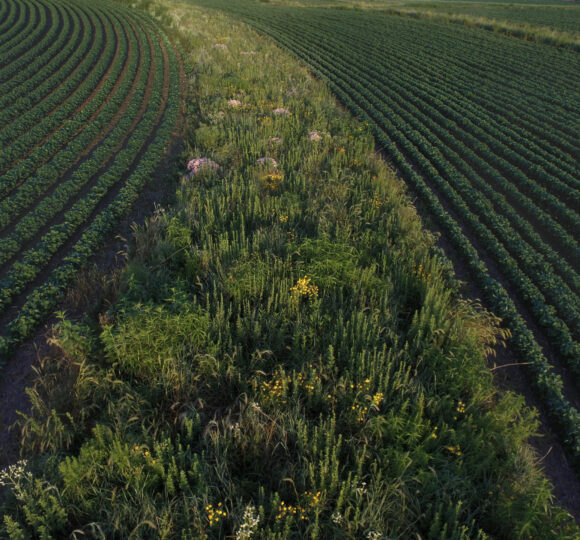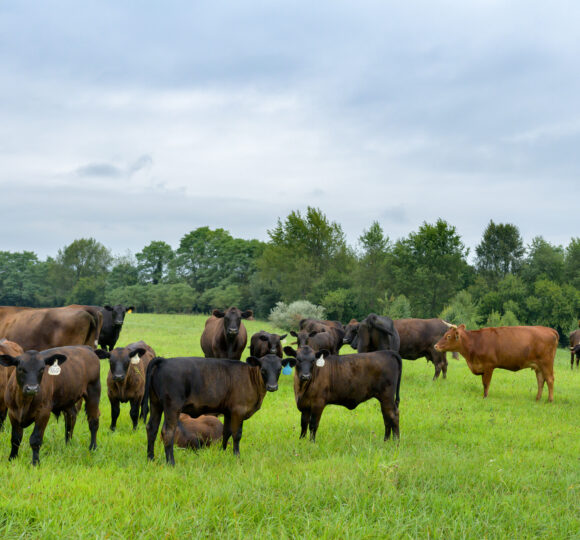While it has been generations since America could be described as a nation of farmers, Americans deeply value farmland, especially for the food and fiber, the wildlife habitat and the scenic vistas it provides. They also care about those who work the land.
That message came through loud and clear earlier this summer in a nationwide survey commissioned by American Farmland Trust and conducted by Northern Illinois University. Across the country, and across major demographic groups, American voters said they value farmland for everything from food and fiber, to wildlife habitat and the scenic vistas it provides.
That is good news, because despite all of the growth and industrial development of our nation over the last century, the vast majority of our land is still used for farming. Private cropland, pasture and rangelands account for about 48 percent of the land in the lower 48 states, while private forestlands make up about 22 percent.
Farmland is one of America’s most important, vital and versatile resources. Farming, forestry and ranching are also critical to our nation’s economic health. Americans recognize these landscapes can provide us with more than food and fiber. Well-managed farmland also plays a crucial role in ensuring we have clean water, adequate habitat for wildlife and beautiful scenery.
These lands can also help reduce the threat of climate change and serve as the front line in controlling sprawling development. As Congress prepares to craft the next version of the farm bill, it has an opportunity to ensure that America’s private farmland continues to serve all of those purposes for all Americans.





